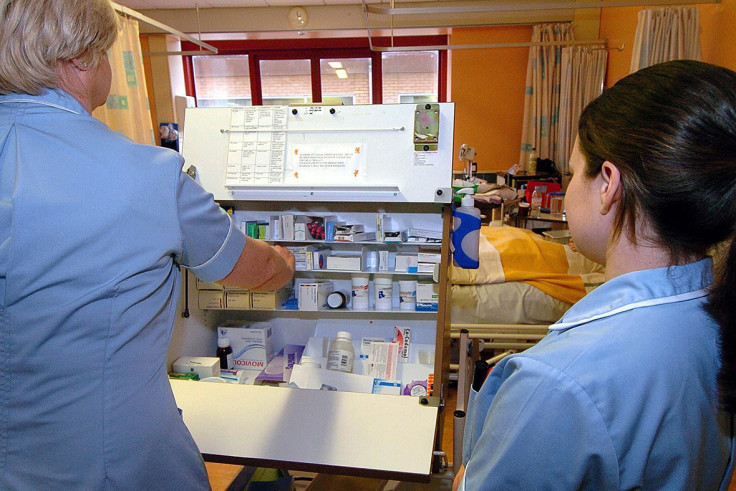Demand for staff in the UK touches 17-month high as placements see weaker growth, REC says
Decline in candidate availability has led to upward pressure on pay.

The UK has seen an increase in demand for staff in January. The levels have reached a 17-month high, according to the latest Report on Jobs article published on Wednesday (8 February.
The report as seen by IBTimes UK showed that its Vacancy Index stood at 62.8 in the first month of 2017. This is up from the 59.8 seen in December and marks the highest reading since August 2015. The monthly publication, which is sponsored by the Recruitment and Employment Confederation (REC) and produced by IHS Markit, also showed that the growth was across both permanent and temporary roles.
The demand remained considerably stronger in the private sector as against the public sector. Industry-wise, the highest demand for permanent staff was seen across the nursing/medical/care businesses, followed by engineering and IT and computing. The weakest increase in demand was seen across the hotel and catering businesses.
Meanwhile, the demand for temporary and contract staff increased across almost all monitored sectors in January. The strongest growth here was also seen in nursing/medical/care industry. This was followed by blue collar and secretarial/clerical roles. In contrast, the construction business saw a modest decline for such staff.
Another highlight of the report was that January saw a growth in both permanent and temporary placements. However, this was said to be weak. While permanent placements eased to its slowest levels since September 2016, temporary placements eased following December's eight-month peak.
Meanwhile, the report also highlighted that the availability of candidates continues to tighten. Permanent staff availability, in particular, was reported to have fallen for the forty-fifth month in a row.
These declines, the report said had led to pay pressures. While starting salaries for permanent roles registered a sustained increase, pay for temporary/contract staff increased for the forty-eighth month in January.
Commenting on the report, REC CEO Kevin Green said, "Employers are crying out for people to fill vacancies. Recruiters say that fewer candidates are available in all regions, and this is dampening jobs growth.
"If businesses can't find the people they need they will outsource abroad, automate activity or shut up shop, resulting in fewer jobs available to UK nationals."
Green also said that finding staff could become more difficult amid Brexit. "The NHS is already in turmoil because it doesn't have enough staff and the government's decision to prioritise immigration control over the economy in their EU negotiations means that finding candidates will become yet more difficult in the future," he said.
© Copyright IBTimes 2024. All rights reserved.





